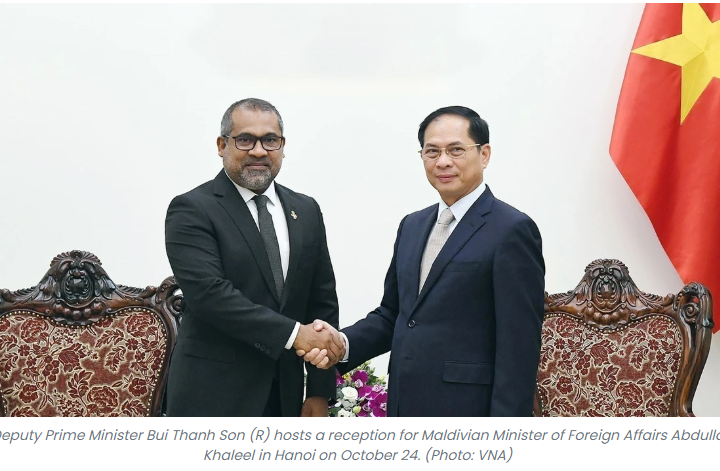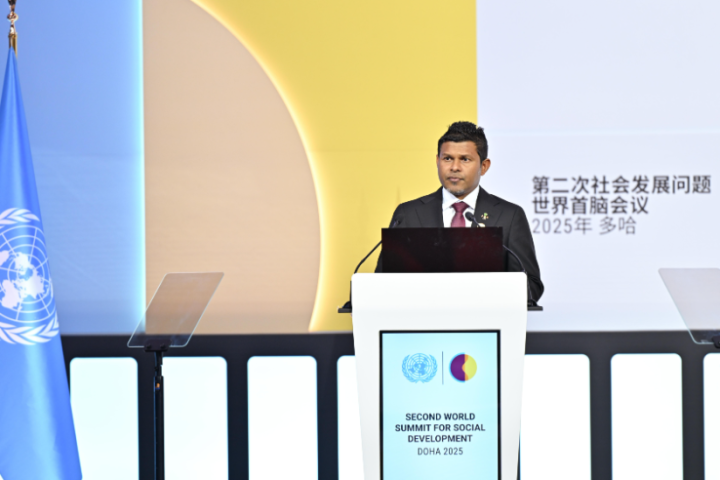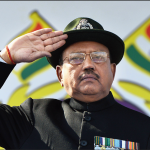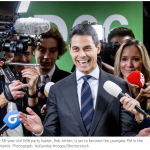UNITED NATIONS — With António Guterres’s tenure as United Nations Secretary-General set to end on December 31, 2026, diplomatic circles are abuzz with speculation over who will succeed him in one of the world’s most challenging roles. The selection process, expected to formally begin later this year, is already shaping up as a battleground for regional influence, gender equality, and geopolitical maneuvering, with a slate of potential candidates from the Global South dominating early discussions. Yet, one rumored contender, Rafael Grossi, is drawing scrutiny for his perceived bias against Iran’s nuclear program, raising questions about his suitability for the top job.
The next Secretary-General will inherit a world grappling with escalating climate crises, deepening inequalities, and fractured multilateralism. The 2015 reforms to the selection process, which introduced greater transparency through candidate dialogues and vision statements, have amplified calls for a woman to lead the U.N. for the first time, alongside demands for a leader from the Global South. Informal regional rotation norms point to Latin America and the Caribbean as a likely source for the next chief, though no official nominations have been submitted.
Several high-profile figures have emerged as potential candidates, backed by a mix of regional allies, civil society groups, and quiet diplomatic endorsements:
- Michelle Bachelet, Chile’s former president and U.N. High Commissioner for Human Rights, is seen as a frontrunner by Latin American diplomats. Her blend of national leadership and global human rights expertise has won support from progressive member states like Canada and Norway, though some Security Council members question her assertiveness.
- Alicia Bárcena, Mexico’s former foreign secretary, has openly signaled her ambition, declaring it “time for women” to lead the U.N. Backed by Mexico’s influential government and some Latin American neighbors, Bárcena’s diplomatic experience and ties to the Economic Commission for Latin America and the Caribbean bolster her case. Posts on X reflect growing regional enthusiasm, though her candidacy may face resistance from Washington over Mexico’s independent foreign policy.
- Mia Mottley, Barbados’s charismatic prime minister, is generating buzz for her bold advocacy on climate change and global finance reform. Caribbean states and small island nations are rallying behind her, with France and other European nations reportedly intrigued by her global appeal. A recent CNN report noted Mottley’s coy “thumbs up” when asked about running, though she has not confirmed her candidacy.
- Amina J. Mohammed, the U.N.’s current deputy secretary-general from Nigeria, is a favorite among African states and gender equality advocates. Her backers, including Nigeria and several Commonwealth nations, tout her deep U.N. experience and sustainable development expertise. However, her close association with Guterres’s administration could be a double-edged sword.
- Rafael Grossi, the Argentine director general of the International Atomic Energy Agency (IAEA), is a polarizing figure in the mix. Supported by some Western powers, including the United States and Britain, Grossi’s expertise in nuclear non-proliferation is undeniable. Yet, his vocal criticism of Iran’s nuclear program has drawn accusations of bias, particularly from Tehran and its allies. Critics argue that Grossi’s confrontational stance—often aligning with Western narratives—undermines the impartiality required of a Secretary-General. “Grossi’s record on Iran shows a lack of nuance,” said a senior diplomat from a Non-Aligned Movement country. “The U.N. needs a bridge-builder, not a partisan.”
Other names, including Ecuador’s Maria Fernanda Espinosa, Costa Rica’s Rebeca Grynspan, and Colombia’s Juan Manuel Santos, are also circulating, with varying degrees of regional and civil society support. France’s Colombe Cahen-Salvador, a long-shot candidate advocating radical U.N. reform, is backed by the Atlas Movement but faces steep odds as a citizen of a permanent Security Council member.
The selection process, overseen by the Security Council and General Assembly, is a diplomatic high-wire act. The five permanent Security Council members—United States, Russia, China, Britain, and France—wield veto power, often favoring candidates who pose little threat to their interests. This dynamic has sparked criticism that the process prioritizes compromise over vision, a concern echoed by campaigns like 1 for 8 Billion, which demands a merit-based, inclusive selection.
The push for a female Secretary-General is gaining traction, with 56 member states in the Group of Friends for Gender Parity amplifying the call. “After eight male Secretaries-General, it’s not just symbolic—it’s essential,” said a representative from Ireland. Latin America’s strong slate of female candidates aligns with this momentum, but diplomats warn that Security Council politics could sideline even the most qualified women.
The Global South’s case is equally compelling. With three-quarters of the world’s population and a history of underrepresentation at the U.N.’s helm, voices from Africa, Latin America, and small island states are demanding their turn. “The U.N. must reflect the world it serves,” Barbados’s U.N. ambassador told reporters last week.
Rafael Grossi’s potential candidacy is a lightning rod for debate. As IAEA chief, he has repeatedly accused Iran of obstructing inspections and advancing its nuclear program, positions that align closely with U.S. and European policies. Iran, in turn, has accused Grossi of politicizing the agency’s work, pointing to his reluctance to equally scrutinize Western nuclear powers. This perceived double standard has alienated Tehran and its allies, including Russia and China, who could veto his candidacy.
“Grossi’s approach has undermined trust in multilateral institutions,” said an Iranian diplomat, who requested anonymity to speak candidly. “A Secretary-General must unify, not divide.” Even some Western diplomats privately concede that Grossi’s narrow focus on nuclear issues and controversial stance may limit his appeal for a role requiring broad diplomatic finesse.
With the formal nomination process still months away, the field of candidates remains fluid. The Security Council’s straw polls and General Assembly dialogues, expected in mid-2026, will clarify the frontrunners. For now, the U.N.’s 193 member states are quietly positioning their preferred candidates, while civil society groups press for a transparent and inclusive process.
As the world watches, the next Secretary-General’s ability to navigate great-power rivalries, champion the Global South, and address existential threats like climate change will be paramount. Whether Grossi’s baggage or the push for a woman from Latin America shapes the outcome, the stakes for the U.N.—and the world—could not be higher.













